Along with the orientation of building a model of a key multimedia press-communication complex and promoting digital transformation... the content on press economic development is also an important highlight in the Draft Press Law (amended), which is currently being widely consulted by experts, managers and the press community nationwide.
At the workshop "Improving the law for press development in the digital age", many opinions said that although the 2016 Press Law has provisions allowing the press to carry out economic activities, the regulations are still lacking in specificity, and have not formed a clear legal corridor for press agencies to effectively implement.
Editor-in-Chief of Tien Phong Newspaper Phung Cong Suong pointed out: The press agency is currently identified as a revenue-generating public service unit, but is operating under the business model. If the economic problem cannot be solved, the press cannot develop.
Citing Article 21 of the current Press Law, Mr. Suong emphasized that press agencies have four sources of revenue: From press activities (selling newspapers, selling content copyrights), from the state budget, from other economic activities in accordance with the provisions of law, and from receiving sponsorships and aid in accordance with the provisions of law.
However, in reality, all four revenue sources are facing challenges. Print newspaper sales are declining rapidly; online newspapers have almost no revenue as most of their content is distributed for free; budgets are limited; print advertising is no longer popular; and funding is scarce and unstable...
In reality, according to Mr. Suong, print newspapers today are selling paper and labor, not content value, because no matter how good the content is, the selling price remains the same. From there, the question arises: What is the press living on and how is it developing?
 |
Editor-in-Chief of Tien Phong newspaper Phung Cong Suong gives comments on the draft Press Law (amended). |
Commenting on the draft Law on Press (amended), Mr. Suong proposed that there should be specific directions for developing the press economy, creating a clear legal corridor for the press to have the conditions for economic development. Therefore, it is necessary to have regulations for electronic newspapers to jointly implement a mechanism for collecting content fees, avoiding the situation where only a few press agencies collect fees, while the majority remain free. This makes it impossible to develop the press economy.
We are generating revenue for network operators, digital platforms, and media service companies while press agencies have no revenue, have to pay hundreds of reporters, focus on producing quality content but in return only get a few views on social platforms.
In reality, most press agencies are facing difficulties in revenue. Many print newspapers have seen declining sales, have had to reduce their circulation, reduce staff or convert to electronic formats. Meanwhile, online newspapers have not yet developed a viable fee-based model.
The dependence on advertising, which is being heavily shared across cross-border platforms such as Google, Facebook, YouTube, TikTok, etc., puts domestic newspapers at a disadvantage right at home. Along with that, the costs of operating the apparatus, maintaining the system, investing in technology, training personnel, producing multimedia content, etc. are increasing, creating huge financial pressure.
Mr. Nguyen Kim Khiem, General Director of Hanoi Radio and Television, analyzed that Resolution 68-NQ/TU on Private Economic Development represents a revolution in the perception of the role of the private economy, an important driving force for national growth. This is the time to re-evaluate the role of the private economic sector in the field of press and communication.
In fact, association, cooperation and socialization activities in the field of journalism are taking place but under different names. Therefore, it is necessary to supplement regulations clearly defining the form and authority of the private sector's participation in the development of journalism and media to ensure the right direction.
One of the issues that many delegates emphasized was the legal framework. The press cannot rely solely on the state budget to survive and develop. To be autonomous, press agencies must have mechanisms to develop services, conduct communications, organize events, publish special topics, etc. However, many current regulations are not specific, causing many agencies to worry about legal risks.
In addition, many delegates said that it is necessary to clearly stipulate the financial mechanism, revenue-expenditure mechanism for revenue outside of press activities as well as the responsibility for supervision to avoid "commercialization" and deviation from the purpose.
Although aiming for autonomy, the press is still a special field that needs the protection of the State and the companionship of society. Accordingly, the State needs to continue investing in public interest journalism, supporting journalism in remote areas, ethnic minorities, and at the same time having preferential tax policies, funds to support the development of digital journalism, support training of human resources in media economics, digital transformation, etc. The Press Law (amended) needs to create a complete, transparent, and clear legal corridor so that the press can be proactive and creative in developing its own economic model, ensuring the goal of financial independence and upholding professional principles and ethics.
 |
Perfecting the law for the press to develop in the digital age. |
Contributing to the improvement of the law for the development of the press in the digital age, Mr. Nguyen Tien Binh, Editor-in-Chief of the VietnamEducation Electronic Magazine, said that it is necessary to clearly stipulate in the draft Law on Press (amended) that all businesses and organizations when using and exploiting press content - whether online or offline - must have an agreement with the editorial office and work with the press agency. It is impossible to let hundreds of newspapers produce expensive content but let intermediary platforms and services exploit it for free. Previously, reading newspapers had to be paid, but for the past 20 years, reading newspapers has been free. Press agencies do not have a mechanism to collect money.
Developing the press economy is an inevitable trend in the digital age. A synchronous, transparent and practical legal system will be the foundation for the press to enter a new period of professional, autonomous, modern, sustainable and integrated development.
The draft Law on Press (amended) needs to continue to listen to opinions from practice, from editorial offices, and from the team of journalists who are striving to maintain their professional integrity in the digital age. The Law on Press not only creates a legal corridor for the press to exist, but also motivates the press to develop in terms of content, technology, and economy.
Source: https://nhandan.vn/kinh-te-bao-chi-nen-tang-tu-chu-huong-toi-phat-trien-ben-vung-post880608.html


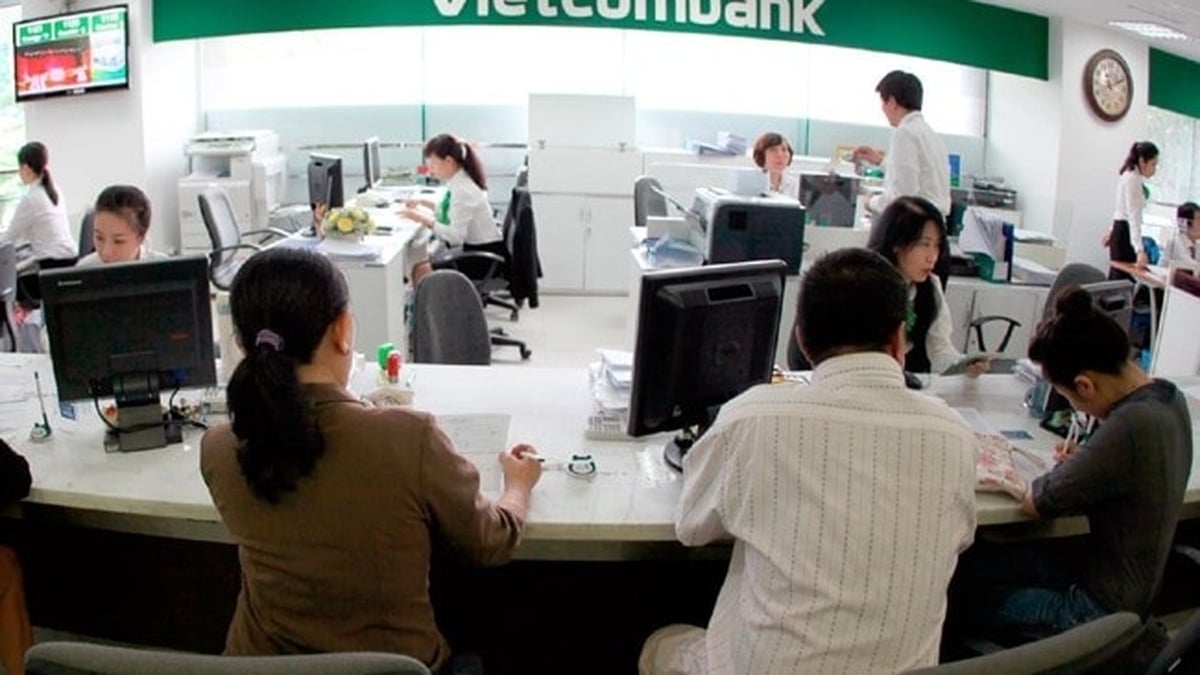
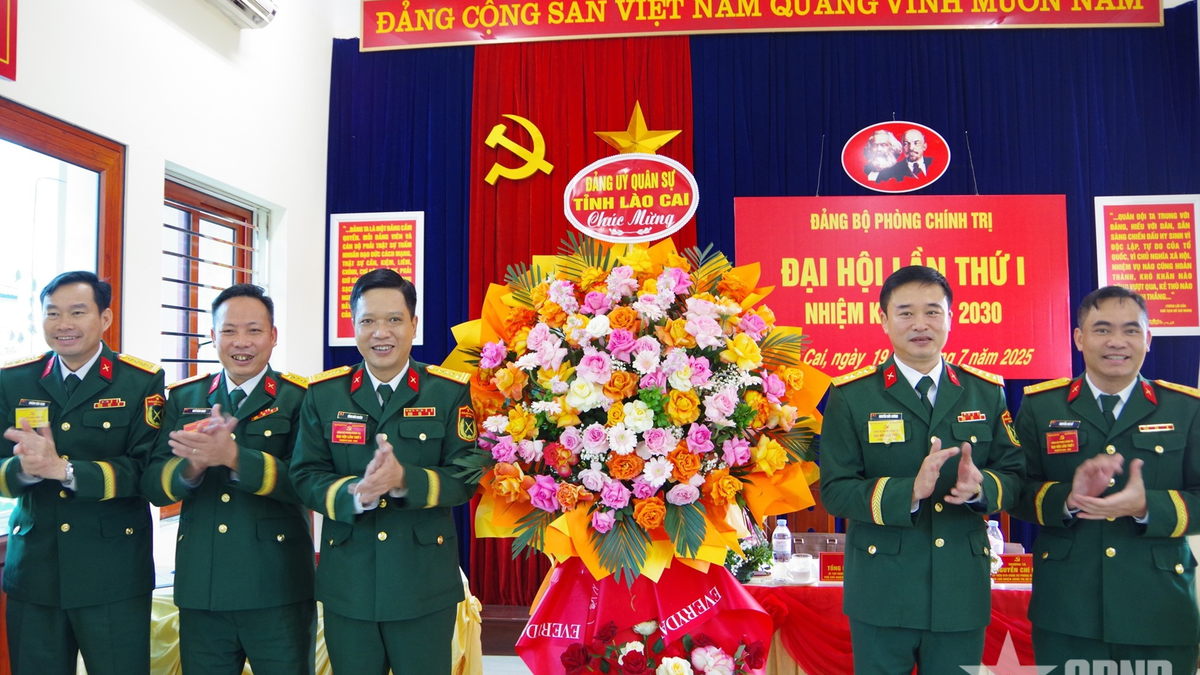
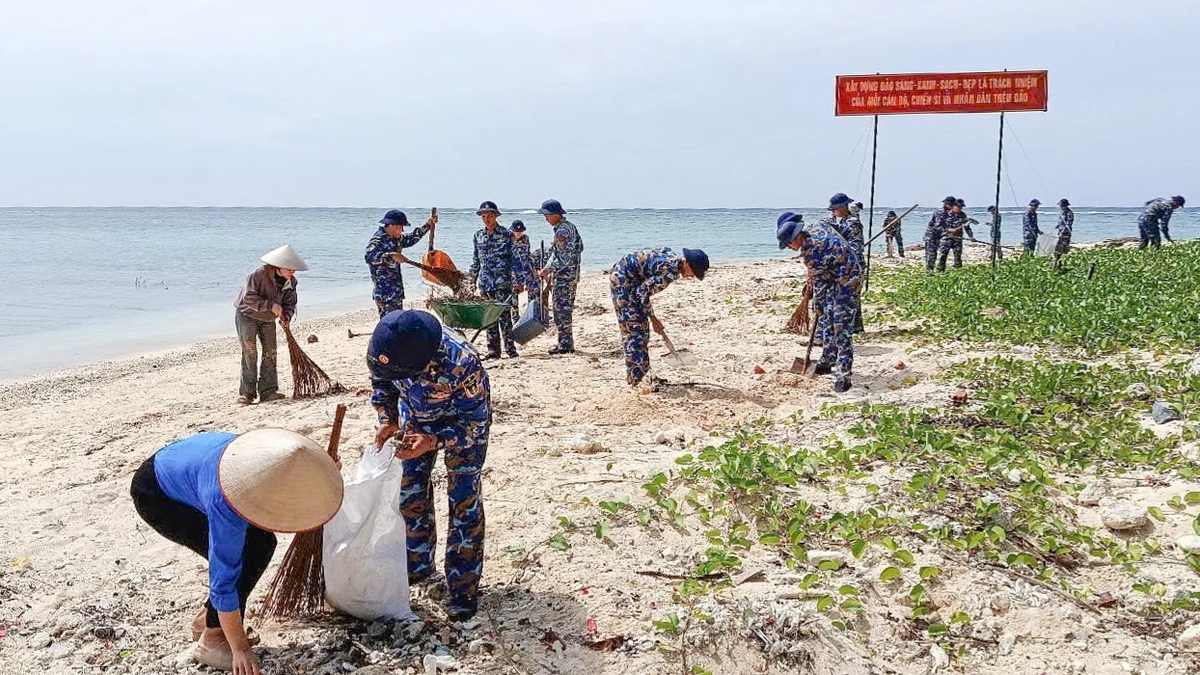
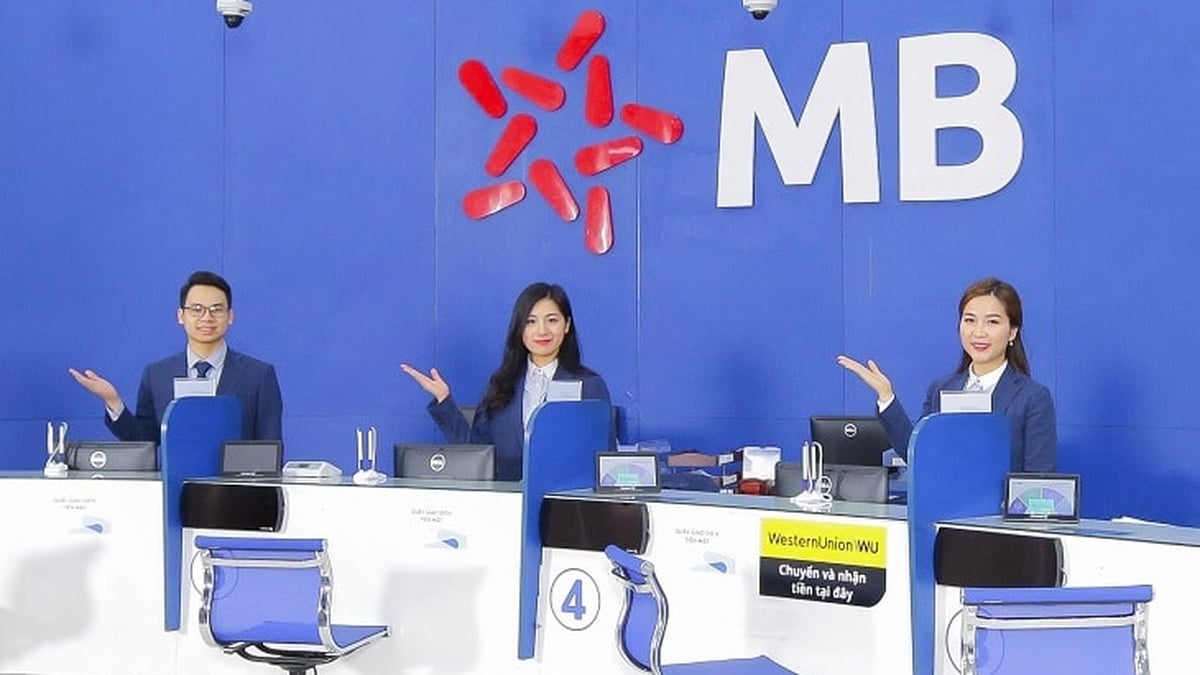
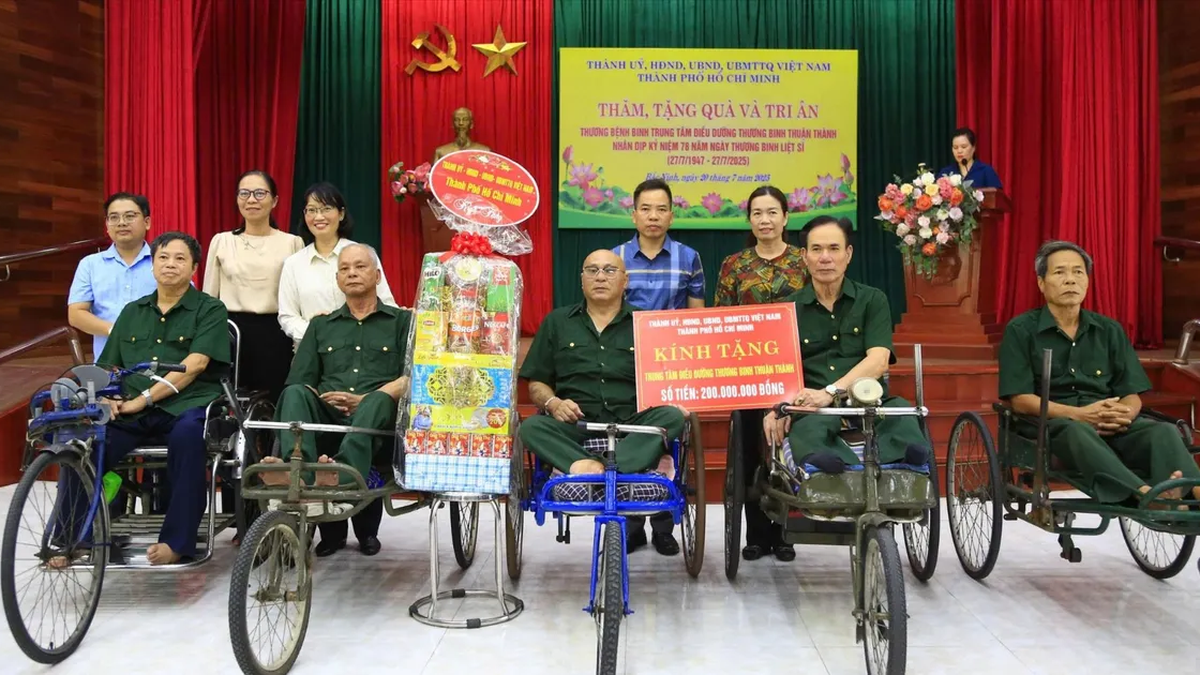

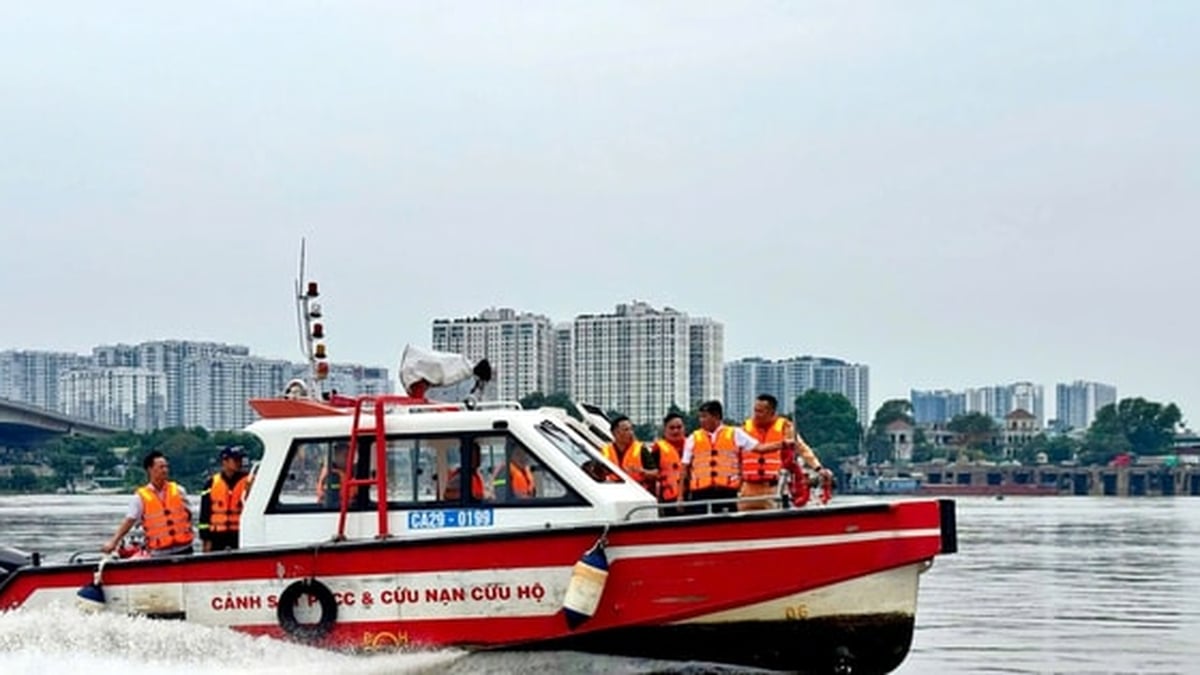
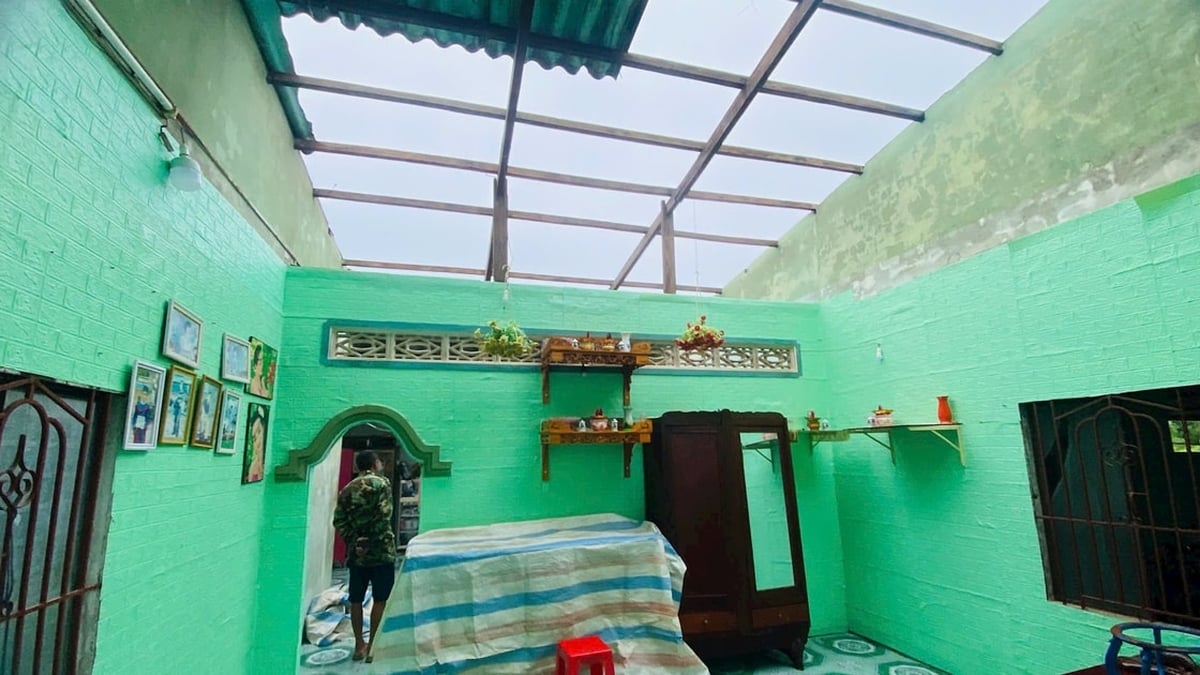
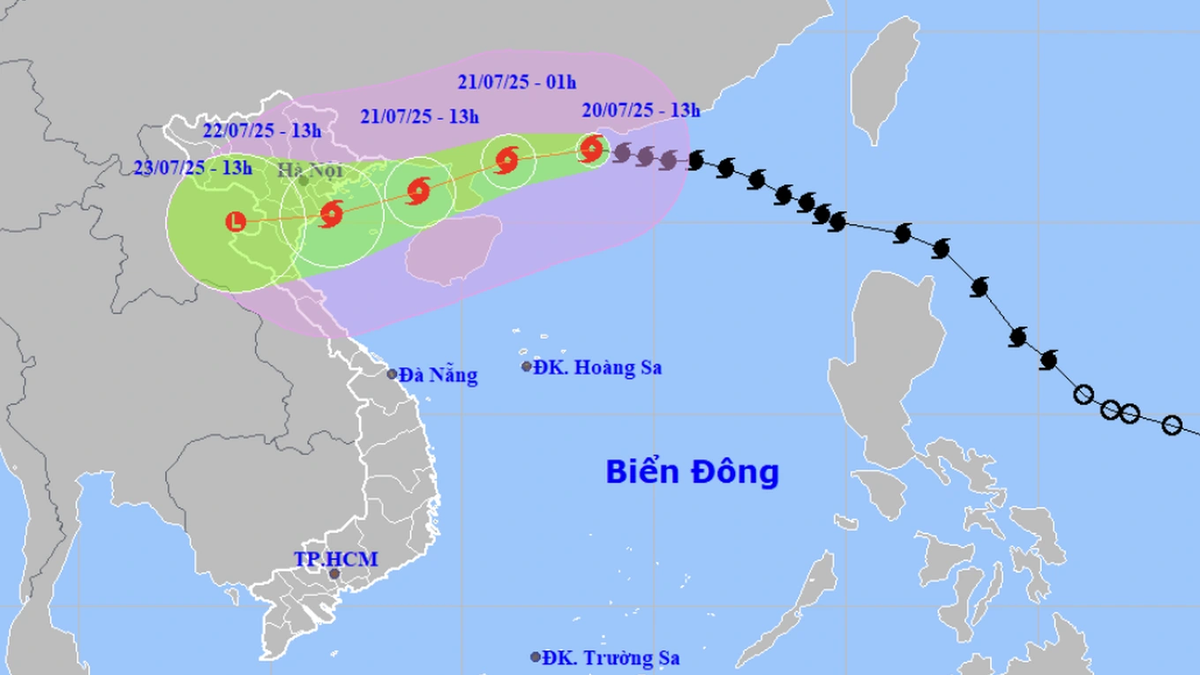
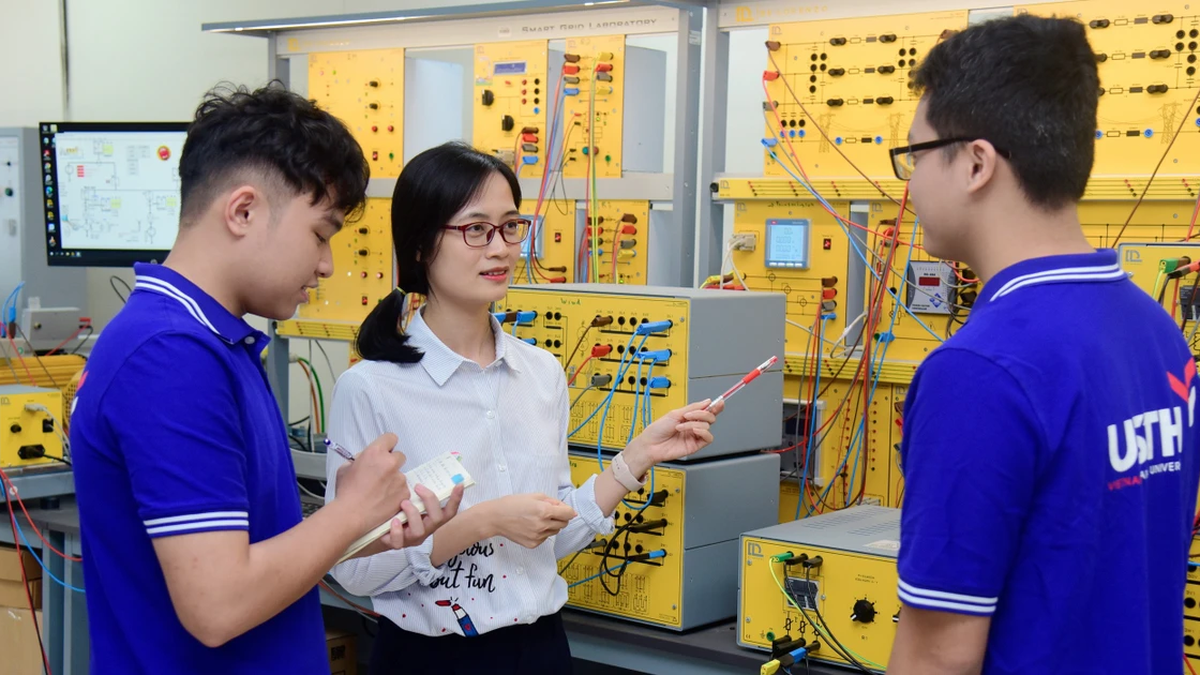











![[Photo] National Assembly Chairman Tran Thanh Man visits Vietnamese Heroic Mother Ta Thi Tran](https://vphoto.vietnam.vn/thumb/1200x675/vietnam/resource/IMAGE/2025/7/20/765c0bd057dd44ad83ab89fe0255b783)










































































Comment (0)